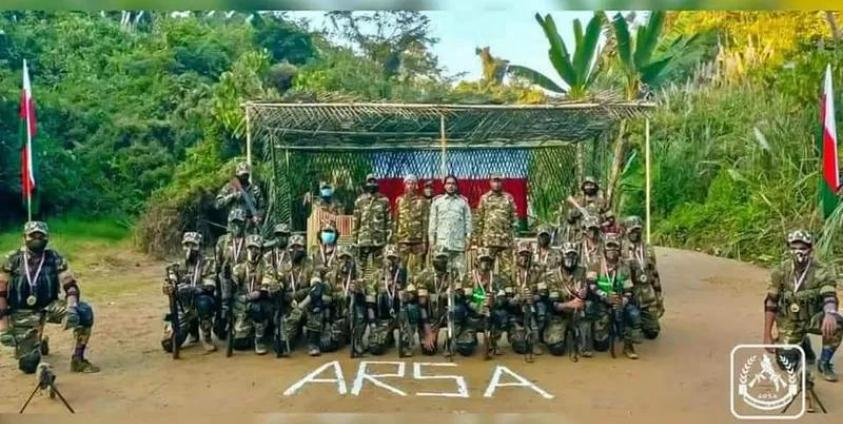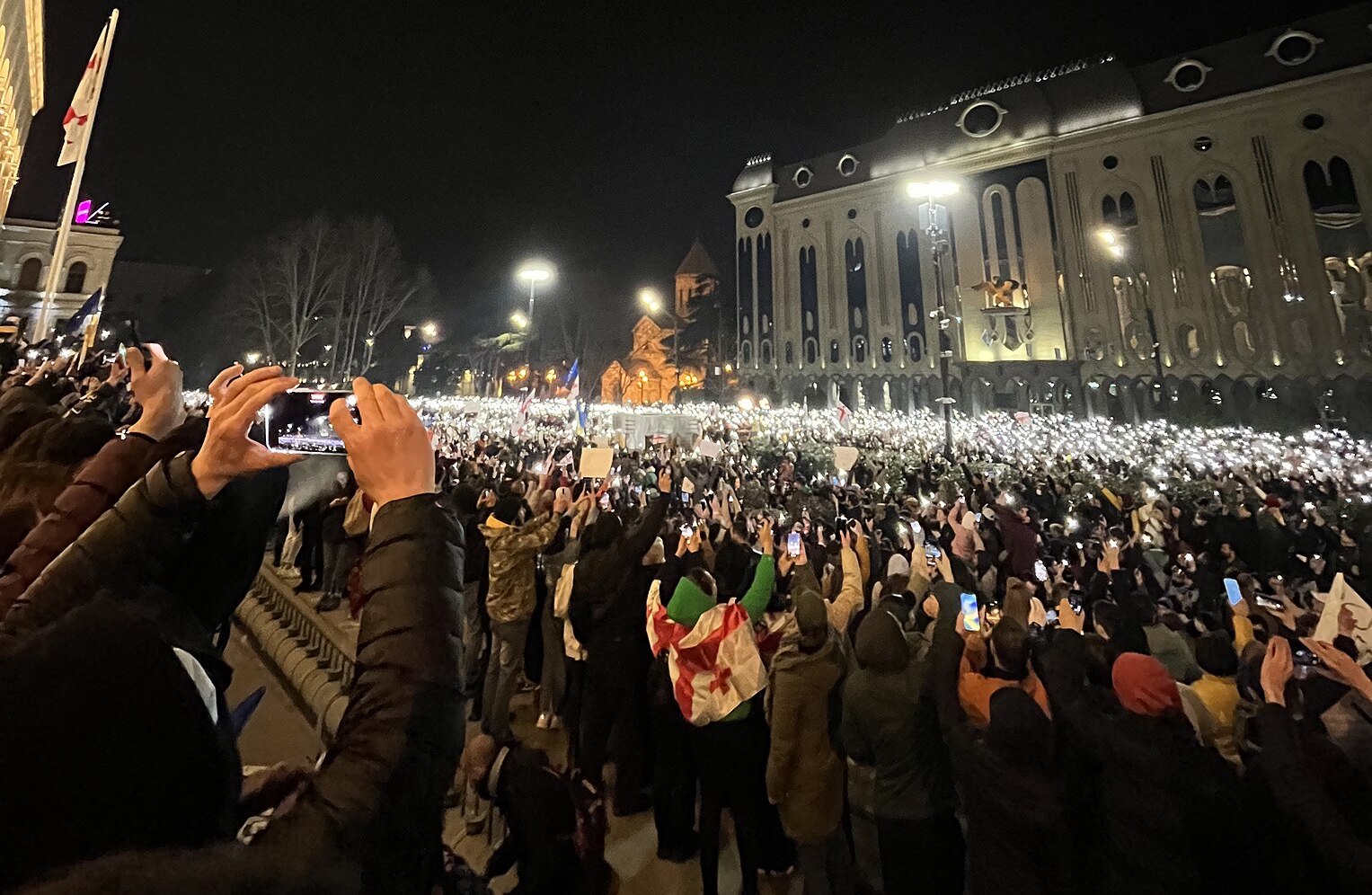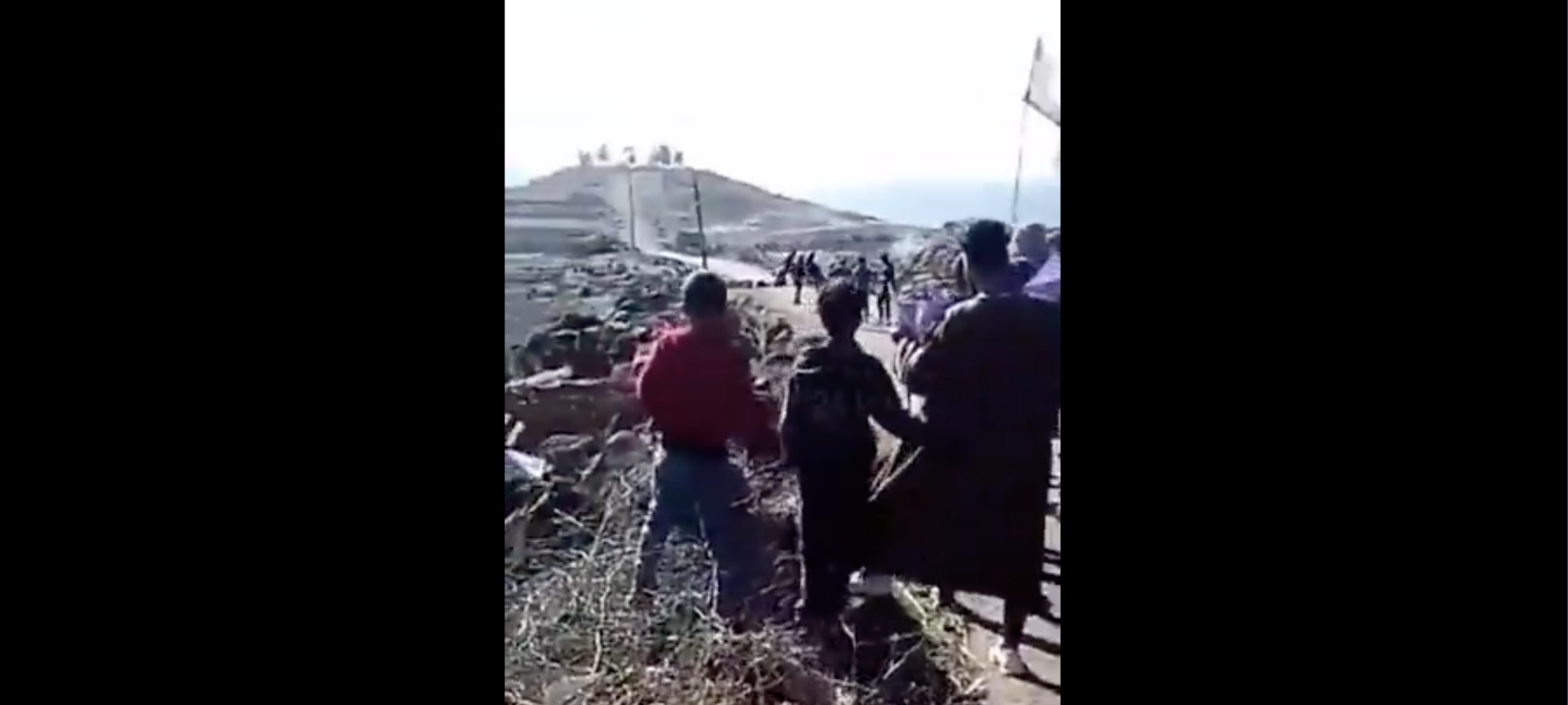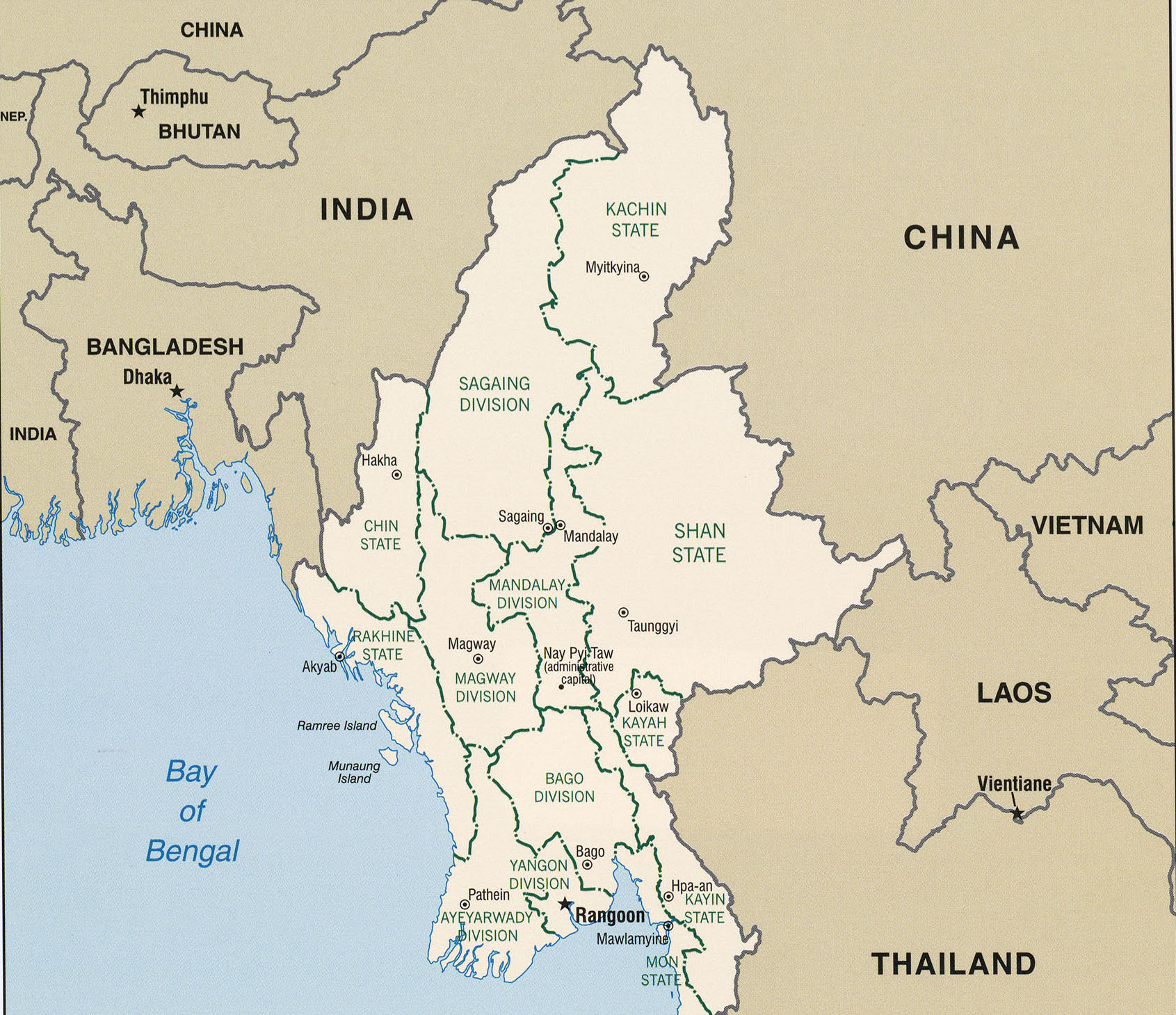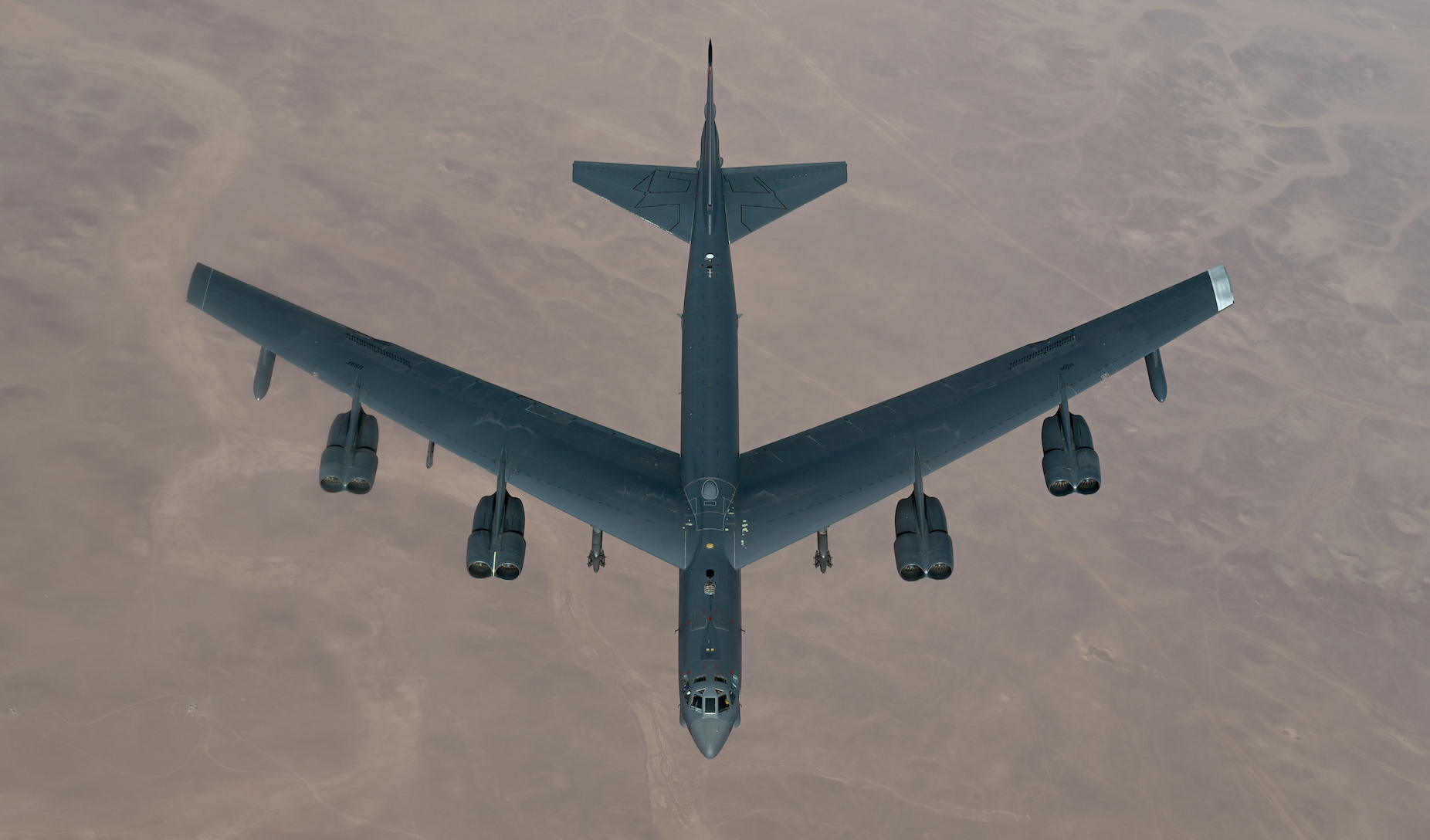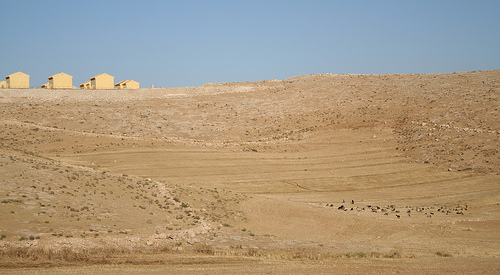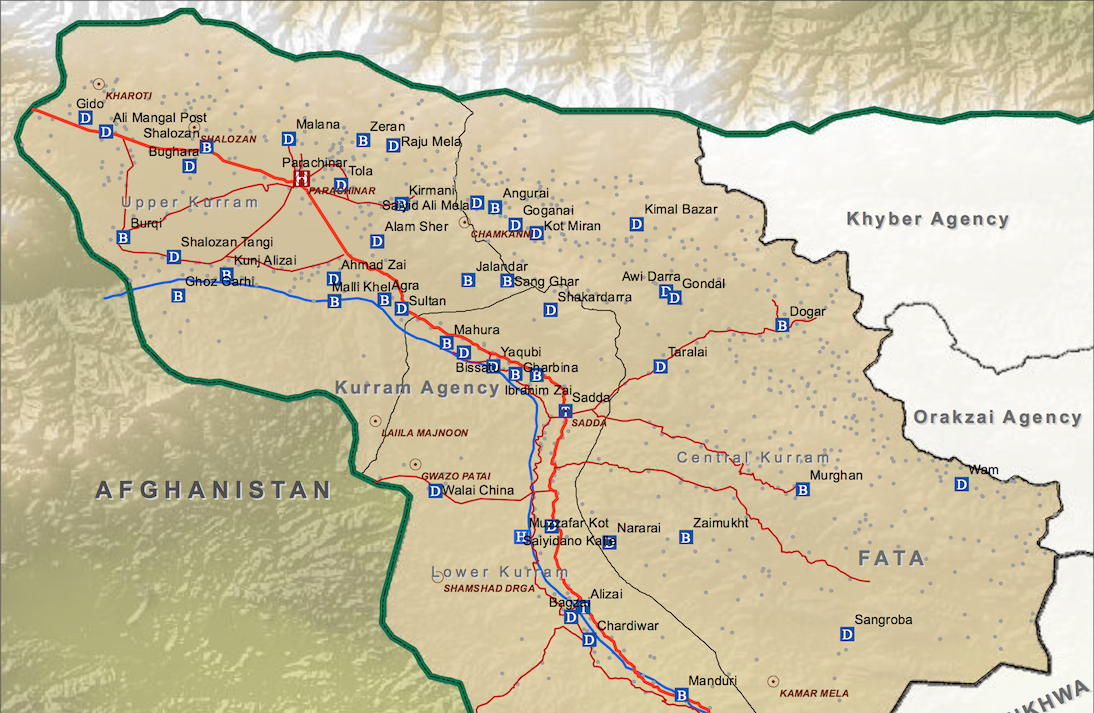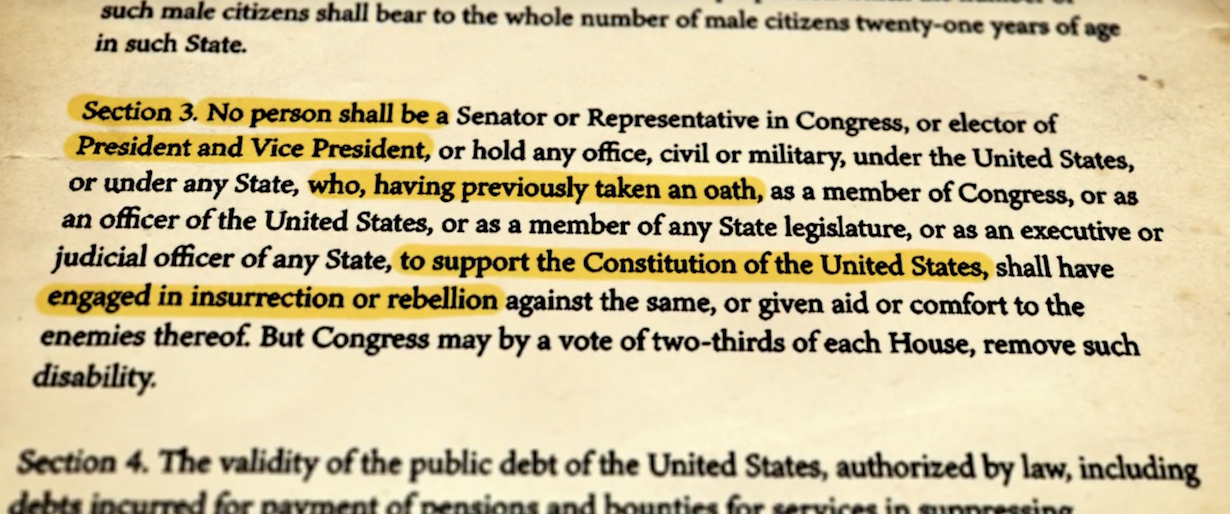
Podcast: nullify the election! V
Mere days before Congress is to certify the Electoral College votes, a movement has finally emerged to have Donald Trump disqualified from office under the Insurrection Clause of the 14th Amendment. A “14th Now March” in Washington is raising the demand, and is being promoted by the podcast and vlog Lights On with Jessica Denson. Constitutional law scholars Evan Davis and David Schulte make the case in an editorial for The Hill, “Congress has the power to block Trump from taking office, but lawmakers must act now.” Several elected officials have been barred from office under the Insurrection Clause since ratification of the 14th Amendment in 1868, but applying it to a former president who led an insurrection is the ultimate test of American democracy. In Episode 259 of the CounterVortex podcast, Bill Weinberg urges that this constitutional mechanism be used, and Trump’s victory be nullified. Listen on SoundCloud or via Patreon. (Image via Free Speech for People)



